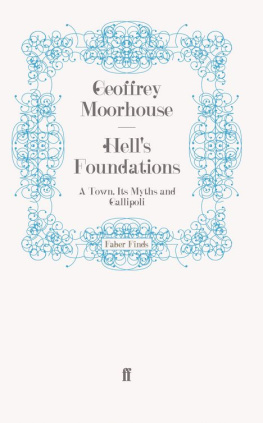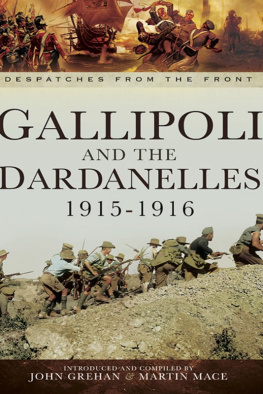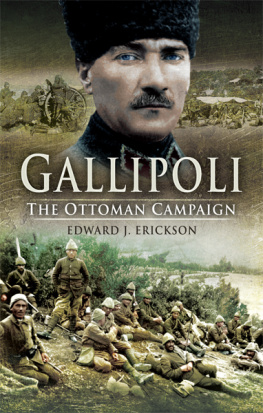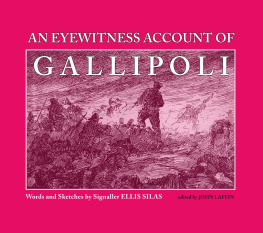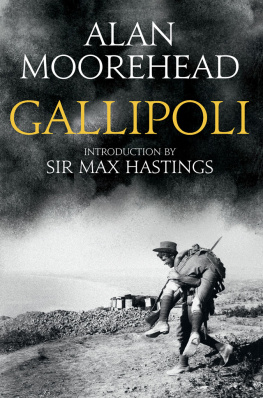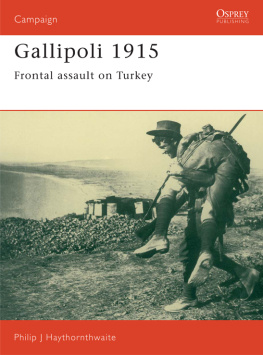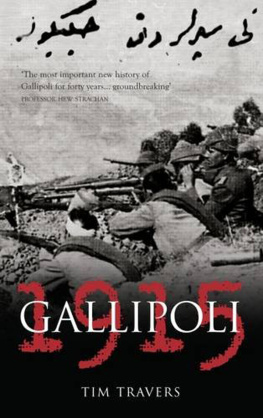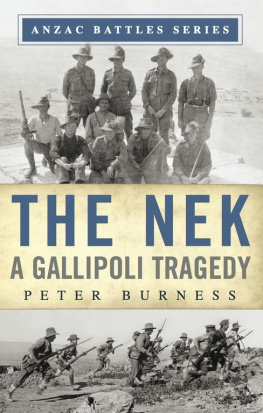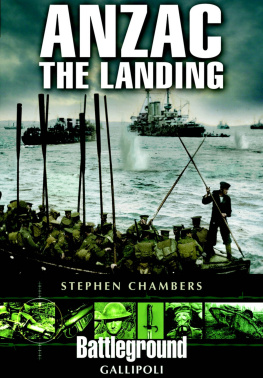The vigilant reader of this book will sooner or later come to the conclusion that the figures given for recruitment and for casualties leave a great deal to be desired. They are often manifestly incomplete and they sometimes seem to be inconsistent, though I hope they are no worse in these respects than in other books referring to the Great War. The fact is that, in the second decade of the twentieth century, the craft of statistics was crude and often slipshod. Some sources used the word casualties to include all who had been killed, wounded, or were missing; others referred only to the dead in this way. Both usages will be encountered in HellsFoundations , and I have simply tried in each case to make the position clear. Recruiting figures, too, are sadly imperfect, so that it is impossible to say with any precision how many men from Bury went to war between 1914 and 1918. It is, however, known that by May 1915 that is, in the first nine months of a conflict that lasted over four years 7,000 men from the town had volunteered to serve in the Army or the Navy, most of them in the Lancashire Fusiliers. The total population was approximately 50,000 at the time, and wholesale conscription was yet to come, in 1916. A particular difficulty facing anyone who tries to log the progress of the local Territorial battalions of the Fusiliers in the First World War is that all the relevant records were destroyed in the Second, when Home Guard ammunition exploded in the Drill Hall on the penultimate night of 1942. This set the place on fire, disastrously for the regimental and any other historian.
The most haunting agony remains Gallipoli. The First World War would see even greater bloodshed before it was done; on the Somme, around Ypres, especially at Passchendaele, and elsewhere. But no other battle or campaign fought between 1914 and 1918 has ever been remembered quite as tenaciously as the ill-fated Allied expedition to the Dardanelles. No other date, with the exception of Armistice Day, has been marked quite so steadfastly in so many places as April 25, 1915, in whose dawn the first landings on the Gallipoli peninsula were made. Few military events in any war have continued to nag at posterity with their horrors, their heroisms , their pathos, their utter futility, so long after they occurred. It is more than three quarters of a century since the Gallipoli campaign was finished, and it still grips the imagination of populations at opposite ends of the earth. There may not now be a single survivor left alive and yet, in two countries at least, thousands will gather every time April 25 comes round, for a remembrance that is partly celebration and partly lament. No one who has been in Sydney or Auckland, or in the small towns of the Riverina or the South Island when the Dawn Service takes place, can ever have forgotten the experience, can ever have been in any doubt about Anzac Days continuing potency.
There are many elements in this mythology. There is above all grief at the loss of life and for the young men who were mutilated for the rest of their days; at the scale of these losses, these disfigurements . Well over half a million were killed or wounded in just thirty-seven weeks, and although these figures were to be overshadowed later by the casualties of Flanders and France, they were appalling when measured against anything that had happened in conflicts before. In two and three quarter years of the Boer War the comparable figure is lower than 150,000 and that includes the highest estimate for civilians who died of disease in the concentration camps. The Gallipoli legend also depends on the sheer bravery and stubbornness demonstrated by Allied troops and Turks alike in the most dreadful conditions. These changed from blistering summer heat to lethal snowstorms and floods later in the year, though the survivors swore that nothing was worse than the filth and the flies that plagued them with dysentery as the bodies began to mount in no mans land. We were all lousy and we couldnt stop shitting, said a veteran of Gallipoli in his old age. We wept, not because we were frightened but because we were so dirty.
And yet in these vile circumstances men endured even more terrible things, like shellfire and bayonet charges and the likelihood that if you left the shelter of a pestilential trench you would die within seconds, or at the very least be maimed by a snipers bullet or a slash of machine-gun fire. They spent days and weeks struggling to advance up a hill, reached the top and were flung back, to begin the struggle again; and this they would do repeatedly until the humiliation of the Allies was completed with the withdrawal of the last of their forces on January 9, 1916. Somehow they managed to stay cheerful for some of this time, and they even showed great tenderness in the midst of all the brutality. They would risk their lives to rescue a comrade lying wounded between the opposing lines and they would comfort him gently until he died. They were also able to transcend enmity, to offer succour sometimes to an injured foe: there is evidence that both sides behaved honourably in this respect. But the troops shocked some of their officers by their callous indifference once a man became a corpse, when he might be regarded as a useful addition to the protective parapet, or a potential source of extra nourishment . Did he have his rations on him, sergeant? asked one hungry Englishman when a friend was killed. The German Colonel Kannengiesser, attached to the Turkish Army, one day saw two of his men contentedly perched on three bodies while they ate their lunch.
There was a terrible poignancy in the losses borne by the Australians and the New Zealanders in particular, for these soldiers came from young lands and the blood they shed at Gallipoli symbolised the youth of so many who were butchered there. It could be seen as more innocent blood more nobly given, too, for were not these colonials in the war only as an act of imperial deference to a Motherland that did not deserve such generosity? These troops had earlier was extremely brave and his particular genius was for rousing in his troops their very considerable reserves of Turkish ferocity. On one occasion he told them, I do not expect any of us would not rather die than repeat the shameful story of the Balkan War. But if there are such men among us we should at once lay hands upon them and set them up in line to be shot. On another, his order of the day included the following sentiment, There is no going back a single step. It is our duty to save our country, and we must acquit ourselves honourably and nobly. I must remind all of you that to seek rest or comfort now is to deprive the nation of its rest and comfort for ever. It was by threatening them with execution if they would not be patriotic that he kindled the fighting spirit even the Anzacs could not subdue, the stubbornness the invaders could scarcely even budge. It was Kemals command that held up the Allied advance time and time again and finally brought it to a halt. He had left the peninsula for other duties before the campaign was over, but he was already known throughout the land as Saviour of Gallipoli. With this reputation he acquired a more vital authority after the Allies had finished picking over the remains of the Ottoman Empire at the end of the war. He it was who raised the standard of revolt against the Greeks, who had been awarded Smyrna in the disbursement of loot, and he it was who drove them out. On that triumph he proceeded to build his uniquely secular Islamic state, for which his people hailed him as Father of the Turks, Kemal Ataturk.

